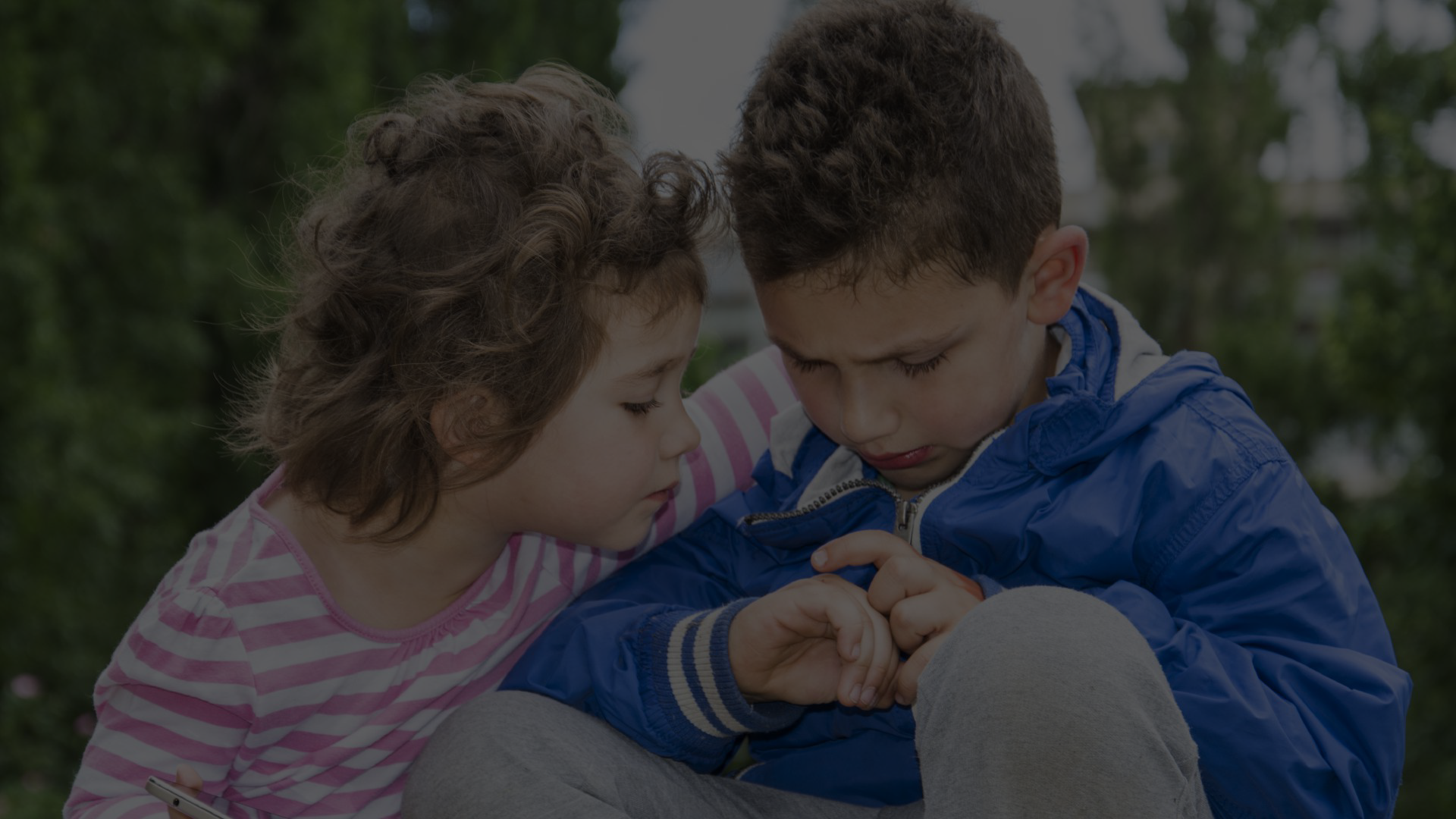If there’s one thing in the world that no one can have enough of, it’s kindness! Especially for a growing child, it is vital to learn to be considerate of other people’s feelings and be compassionate towards them. As parents, it is upto us to create an environment for the children in order for them to develop empathy and learn how to be considerate towards others.
Encourage helping
Children these days develop awareness and independence much faster and it has become crucial to help them participate by encouraging acts of kindness. Assign chores at home in order for the kids to feel that they are making a difference by helping out at home. Use stories with morals as a medium to get them to think seriously about being kinder to other people and point out how people are helping each other and how that’s a good thing.
Think first and act second
Patience is a hard concept for some children to grasp and as parents the responsibility to do so falls on us. In order for kids to comprehend this idea, they will need to be taught that sometimes, they need to put someone else’s needs before theirs and that not everything is about them. Role playing games where you show your little one how to respond in certain scenarios will go a long way in helping them develop the patience for such situations.
Outlaw name calling
Being compassionate starts with drawing the line at what’s ok and not ok. When your child uses a word or behaves in a way that has been deemed unacceptable, such as, calling people names or being rude to them, make sure that they understand that there will be consequences to such behaviours. Explain why they are being punished and then tell them that repeating this behaviour will not be acceptable in the future.
Label kindness
When you catch your child helping a friend carry something or being nice to them, label those acts by saying, “What a good friend you are!” or “That is so thoughtful of you” and so on. This helps them understand what they are doing and that it has a positive effect on other people.
Set an example
Children are always observing what an adult does and then goes onto emulate the behaviour. How we talk on a daily basis to and about the people around us has a tremendous impact on how a child perceives acceptable and unacceptable behaviours. If they catch you saying something negative about a family member, they might behave in a negative way to them, but setting an example and showing them that being kind and compassionate to others by not bad mouthing them, is a great way to build a compassionate individual.





